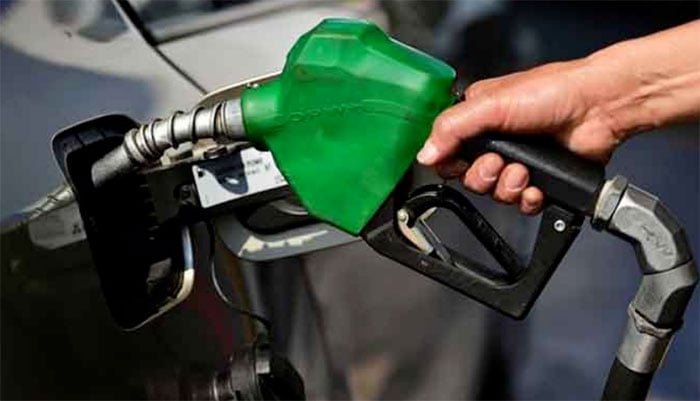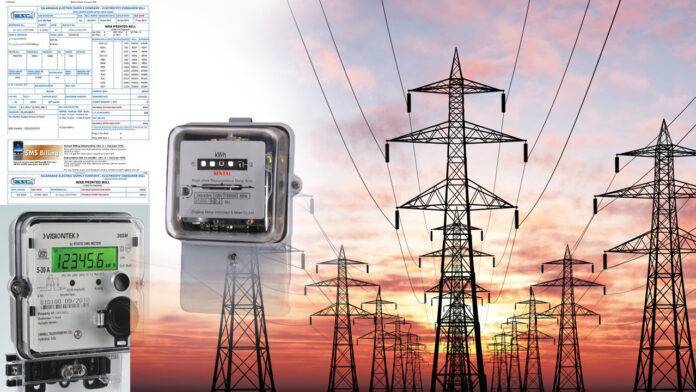The government is preparing to raise petrol and diesel prices by over ₹4 per litre in a move aimed at generating ₹35 billion to support the oil sector. This price hike will help oil refineries and marketing companies cope with rising costs and low profit margins.
Official documents reveal that fuel products like petrol, diesel, kerosene, and light diesel oil have been made exempt from sales tax under the Finance Act 2024–25. Because of this exemption, oil companies and refineries are unable to recover the input sales tax they pay, which has now become a direct cost estimated at ₹35 billion for the year. Current regulations from the Oil and Gas Regulatory Authority (OGRA) prevent these companies from passing that cost on to consumers through higher prices.
Initially, the government considered imposing a 3–5% sales tax on petrol and diesel, but that plan was dropped after failing to reach an agreement with the International Monetary Fund (IMF), which must approve any reduced tax rates on fuel.
Applying the full 18% GST, the standard rate in Pakistan, would increase fuel prices by about ₹45 per litre—something both economically and politically unacceptable. So instead, the government is exploring alternative solutions to help the struggling oil sector.
One of these measures includes adjusting profit margins. OGRA has proposed increasing margins for Oil Marketing Companies (OMCs) by ₹1.13 per litre and for petrol station dealers by ₹1.40 per litre to ensure the sustainability of fuel distribution across the country.
To help cover the ₹35 billion tax shortfall, the government may allow the cost to be recovered through a mechanism called the Inter Freight Equalisation Margin (IFEM). This recovery would happen over 12 months and would stop after a year. If no sales tax is applied again in the 2025–26 financial year, IFEM compensation might continue as a backup plan.
Additional proposals being considered include:
- Increasing the margins of both OMCs and fuel dealers.
- Developing a new system to handle GST adjustments and streamline digital reporting across the oil supply chain.
- Requiring OMCs to bear the full cost of digitization, including infrastructure at petrol stations.
The total expected price hike from all these changes is around ₹4.12 per litre:
- ₹1.87 per litre to recover unpaid sales tax over 12 months,
- ₹1.13 for OMC margin increases,
- ₹1.12 for dealer margin increases.
Additionally, Attock Refinery Limited (ARL) is set to receive a 30% increase in freight charges for transporting oil, after key transporters refused to operate at the old rate. The new proposed rate is ₹1,490 per barrel, up from ₹1,143.95.
While these changes are meant to keep the fuel supply chain stable, they are likely to impact everyday consumers at the pump in the near future.















